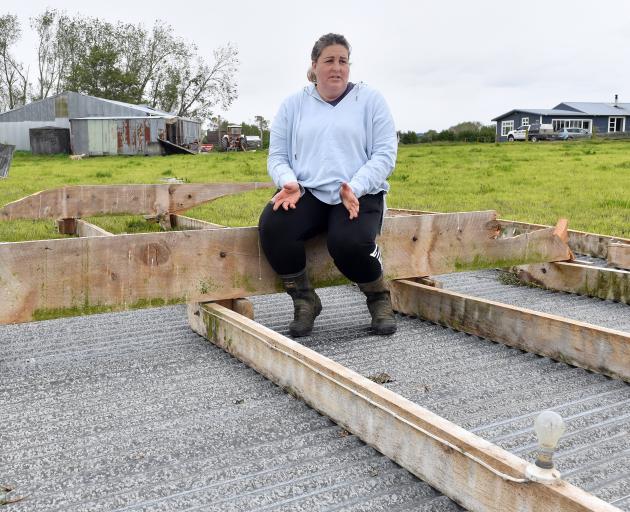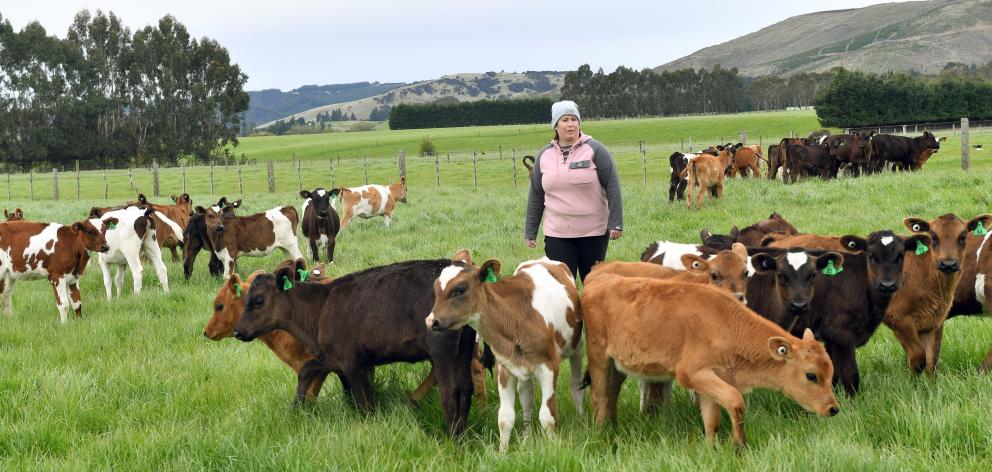
Donna Weir’s Inch Clutha 160ha farm got thrashed in Thursday’s destructive storm.
Without electricity, she could not keep her cows’ milk chilled and had to dispose of about 30,000 litres.
She said Emergency Management Minister Mark Mitchell’s $50,000 addition to Clutha’s relief funds "for immediate needs" would barely offer any help.
In addition to the $50,000 for Clutha, the government announced Southland would receive $100,000 yesterday.
The southern regions were initially only receiving $100,000 all up, split $25,000 and $75,000 for Clutha and Southland respectively.
Cows were at peak milk production at the moment, and Mrs Weir estimated millions of litres of milk were probably being discarded by farmers across Otago, Clutha and Southland.
"It’s like, the worst possible time for this to be happening," she said.
She was upset the southern regions were being offered a fraction of the support the government had given other nations in the past.
"Charity begins at home, it’s our taxes.
"Where is the relief for Kiwis?"
Her community was only given about 30 minutes’ notice when a red alert was issued for the winds on Thursday, Mrs Weir said.
She is a member of the Balclutha Volunteer Fire Brigade and said it received an unprecedented 37 calls that afternoon.
"It was just devastation," she said.
Mrs Weir helped respond to jobs including truck roll-overs with drivers trapped inside, trees falling on buildings and welfare checks before returning to home to find the carnage on her own farm.
"I didn’t actually even want to come home because I knew it would be a mess."
She got home at 6pm and began taking care of her animals, trying her best to get her cows milked by working with her neighbours.
She was finally able to get them milked once each on Friday but had to dump the milk because she could not refrigerate it.
Thursday was a 20-hour day for Mrs Weir, and she still had not had a proper meal yesterday.
There had been a few cries and tantrums but, ultimately, they just had to pull their "big kid pants on" and keep going, she said.
"The grass is not going to stop growing."
It would be months before things went back to normal, but it was about dealing with one thing at a time, she said.

No cell service, internet and power made it difficult to organise a generator and other essentials.
The event brought out the best in some people and the worst in others, she said.
Her cows were not able to get milked for two days because a generator she was promised was given to someone else.
Cows on her farm were screaming because they had not been milked and her calves were screaming because they had not been fed.
"We were considering whether we wanted to carry on farming.
"It was just so emotionally draining."










